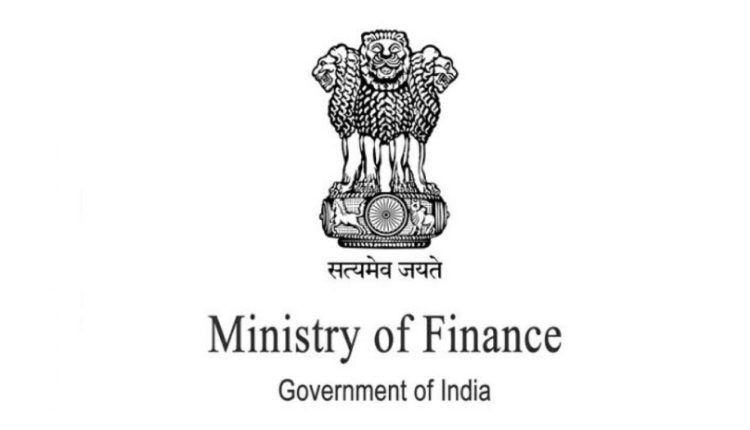Reform linked borrowing permissions are facilitating Ease of Doing Business reforms
Ten News Network
Linking the grant of additional borrowing permissions by the Government of India to the States to reforms in various citizen-centric sectors has motivated the States to undertake reforms to promote Ease of Doing Business. 5 States have so far completed the stipulated reforms in the Ease of Doing Business. These States have been granted permission to mobilize additional financial resources to the tune of Rs 16,728 crore through open market borrowings. These States are Andhra Pradesh, Karnataka, Madhya Pradesh, Tamil Nadu and Telangana. State wise amount of additional borrowing permissions granted is as under:
| State | Amount (Rs in crore) |
| Andhra Pradesh | 2,525 |
| Karnataka | 4,509 |
| Madhya Pradesh | 2,373 |
| Tamil Nadu | 4,813 |
| Telangana | 2,508 |
The Ease of Doing Business is an important indicator of the investment friendly business climate in the country. Improvements in the ease of doing business will enable faster future growth of the state economy. Therefore, the government of India had in May 2020, decided to link grant of additional borrowing permissions to States who undertake the reforms to facilitate ease of doing business. The reforms stipulated in this category are:
(i) Completion of first assessment of ‘District Level Business Reform Action Plan’
(ii) Elimination of the requirements of renewal of registration certificates/approvals/licences obtained by businesses for various activities at least under the following Acts: –
- The Shops & Establishment Act
- The Contracts Labour (Regulation and Abolition) Act, 1970
- The Factories Act, 1948
- The Legal Metrology Act
- The Inter State Migrant Workmen (RE&CS) Act, 1979
- Drug Manufacturing/ Selling/ Storage License
- Trade License issued by the Municipal Corporations.
(iii) Implementation of computerized central random inspection system under the Acts wherein allocation of inspectors is done centrally, the same inspector is not assigned to the same unit in subsequent years, prior inspection notice is provided to the business owner, and inspection report is uploaded within 48 hours of inspection. This includes the inspection under:
- The Equal Remuneration Act, 1976
- The Minimum Wages Act, 1948
- The Shops and Establishments Act
- The Payment of Bonus Act, 1965
- The Payment of Wages Act, 1936
- The Payment of Gratuity Act, 1972
- The Contract Labour (Regulation and Abolition) Act, 1970
- The Factories Act, 1948
- The Boilers Act, 1923
- The Water (Prevention and Control of Pollution) Act, 1974
- The Air (Prevention and Control of Pollution) Act, 1981
- The Legal Metrology Act, 2009 and Rules
In view of the resource requirement to meet the challenges posed by the COVID-19 pandemic, the Government of India had on 17th May 2020 enhanced the borrowing limit of the States by 2 percent of their GSDP. Half of this special dispensation was linked to undertaking citizen-centric reforms by the States. The four citizen-centric areas for reforms identified were (a) Implementation of One Nation One Ration Card System, (b) Ease of doing business reform, (c) Urban Local body/ utility reforms, and (d) Power Sector reforms.
So far 10 States have implemented the One Nation One Ration Card System, 5 States have done Ease of Doing Business reforms, and 2 States have done local body reforms.
Besides additional borrowing permissions, the States completing three out of the four reforms are entitled to get additional financial assistance under the “Scheme for Financial Assistance to States for Capital Expenditure”. Under the Scheme, an amount of Rs.2,000 crore is earmarked for this purpose.
To facilitate more States to undertake the reforms and avail additional borrowings, The Department of Expenditure, Ministry of Finance had recently extended the deadline for the States to complete citizen-centric reforms in various sectors. Now, if the recommendation from the nodal Ministry concerned regarding implementation of the reform is received by 15th February 2020, the State will be eligible for reform linked benefits.


